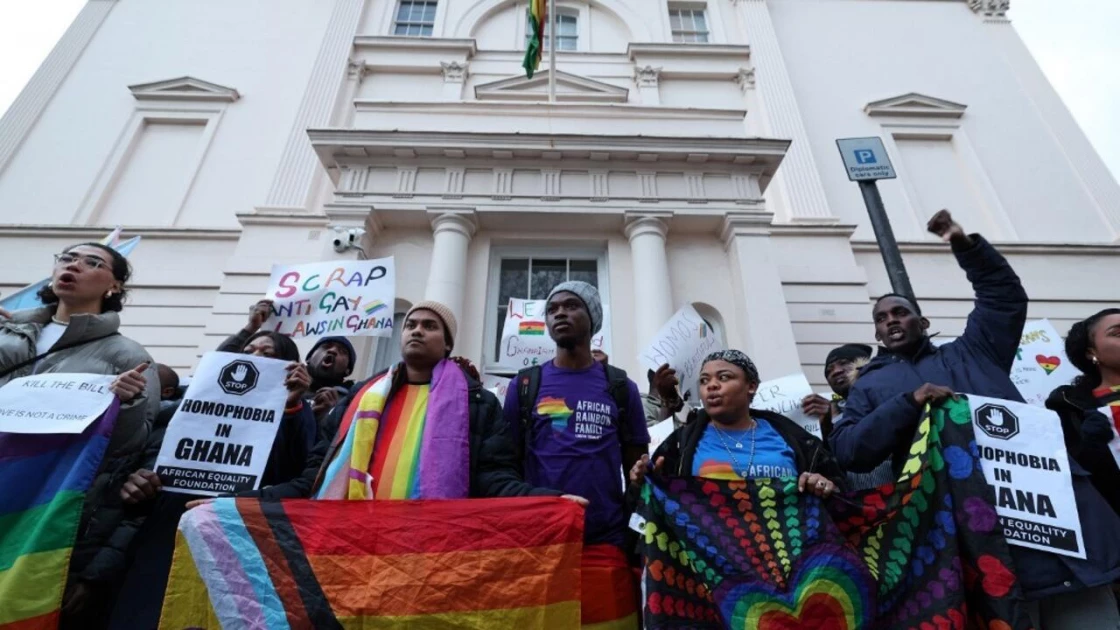
On Wednesday, Ghana’s Supreme Court took a significant step toward turning the controversial Sexual Rights and Family Values Bill into law by rejecting two legal challenges against it. The bill, widely supported within Ghana but heavily criticized internationally, seeks to impose stricter measures against LGBTQ activities in the country.
What the Bill Proposes
Approved by lawmakers in February, the bill proposes up to three years imprisonment for those engaging in same-sex relationships and up to five years for individuals or organizations that promote LGBTQ rights. If signed into law, it would rank among Africa’s most severe anti-LGBTQ legislation.
The bill awaits final approval from either outgoing President Nana Akufo-Addo or his successor John Mahama, who won the December 7 elections. Akufo-Addo, after completing his two terms in office on January 7, has not announced a decision but previously stated he would wait for the Supreme Court’s ruling before acting. Meanwhile, Mahama has openly supported the bill during his campaign.
Read More: What is 69 Position | How to Go Down on a Woman
Legal Challenges and Supreme Court Ruling
Two cases sought to challenge the bill’s constitutionality, one led by Ghanaian journalist Richard Dela-Sky and the other by researcher Amanda Odoi, who aimed to block the bill from reaching the president. However, the court ruled there was no basis for intervention until the president formally assented to the bill.
Judge Avril Lovelace-Johnson, leading the seven-member panel, stated, “It will be premature for this court to exercise its interpretive and enforcement jurisdiction to intervene. Consequently, the action fails.”

Broader Implications of the Controversial Anti-LGBTQ Bill
Critics, including the United Nations and nations like the U.S., have raised concerns about the bill’s implications. Ghana’s finance ministry has also warned of potential economic fallout, as international bodies like the World Bank could withdraw funding, similar to Uganda’s experience after passing its strict anti-gay law.
Ghana’s economy is already under pressure, recovering from its worst crisis in decades and relying on a $3 billion IMF loan program. Observers fear that passing the bill could jeopardize the country’s financial recovery.
Check Out: https://www.exoticghana.com/telegram-porn-channels/
Global Context
Globally, around 60 countries criminalize same-sex relationships, nearly half of them in Africa, according to the International Lesbian, Gay, Bisexual, Trans, and Intersex Association (ILGA). United Nations human rights chief Volker Turk condemned the bill, asserting, “Consensual same-sex conduct should never be criminalized.”
As Ghana navigates the intersection of domestic values and international expectations, the bill’s future remains a critical point of contention. Erotic Ghana will be updating you on this story as it unfolds.







